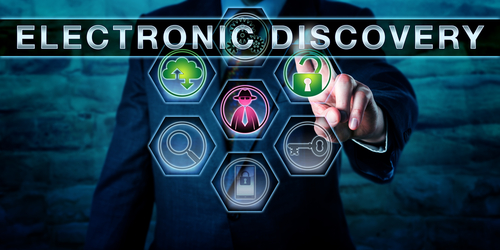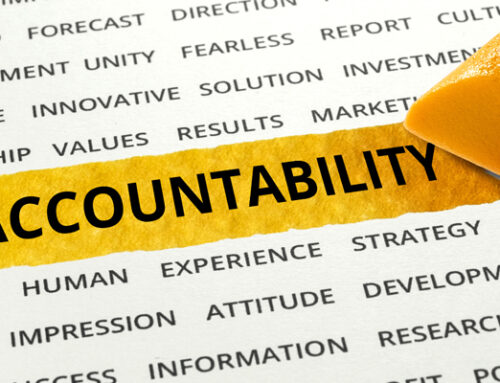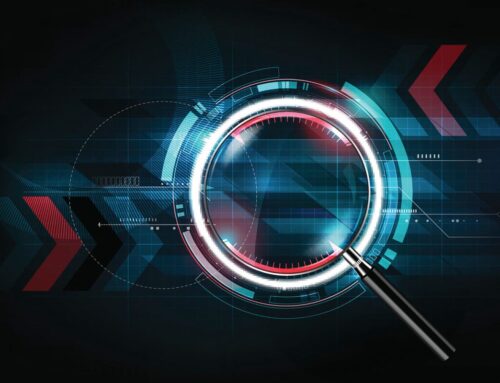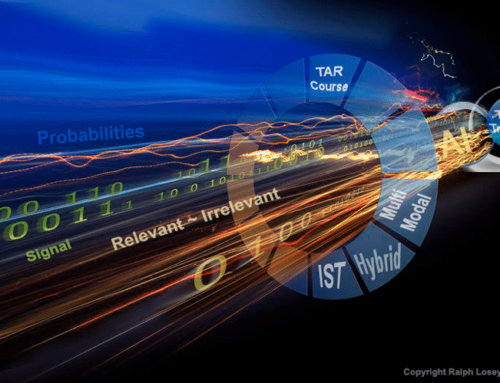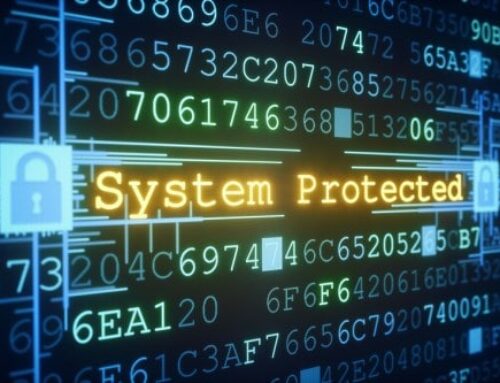Speaking Legal in eDiscovery:
In order to be a proficient eDiscovery provider, there are some legal terms and concepts that need to be understood. Speaking legal in eDiscovery helps support the lawyers and other legal professionals associated with the case. Litigation is the most traditional use case. There are generally seven stages to a litigation case.
Pre-Action Investigation and Preparation
This stage is happens before a case is filed. It is the beginning of a dispute between parties that may eventually lead to litigation. Litigation is the investigation of facts associated with the dispute. In preparation for litigation, all parties start to understand what evidence is relevant to the case and what evidence may need to be requested from opponents or third parties. Even though discovery hasn’t formally begun, all parties have a duty to preserve ESI ( electronically stored information).
Pleadings
The pleadings stage is the official case kickoff. One or more plaintiffs files a complaint and one or more defendants files an answer. In simplest terms, each side discusses the merits of their case in their respective pleadings. It is not uncommon for a case to become more complex when multiple amended complaints, answers, cross-actions, third-party actions, etc. The pleadings stage is also where all the allegations are made and the defenses to those allegations are stated.
Discovery
Discovery is the phase in which most eDiscovery professionals spend the most time. Interrogatories, requests for production (RFPs), and depositions are a few of the items that fall into the discovery stage. This is also when all parties tend to dispute about their adherence to discovery obligations. These disputes often results in motions before the Court. Even though cases can’t be won at this stage, they can be lost through bad father actions that cause parties not to meet their obligations.
Pre-Trial
Meetings, negotiations, and settlement discussions between the counsel representing the parties comprise the pre-trial phase. These meetings and discussions can take place before, during, or after discovery. The costs or potential costs associated with discovery can be a deciding factor for reaching a settlement.
Trial
It is estimated that as few as 1% of cases actually reach trial. Many cases are dismissed or settled prior to this phase. Despite that statistic, parties must prepare like they are headed to trial. This way if the case if part of that 1%, they have effectively managed discovery to prove their case and obtain a favorable verdict.
Outcome and Settlement
Once a trial concludes, there is an outcome (or verdict) and settlement of amounts owed by the losing party to the winning party. Many times the settlement amount includes a reimbursement of discovery costs.
eDiscovery providers always understand the discovery phase, but may not have a great understanding of the other stages and how they relate to discovery. By speaking legal in eDiscovery, they can effectively communicate with the legal teams to ensure that discovery will meet the goals of the case.
For more Tidbits & Thoughts, please click here.

